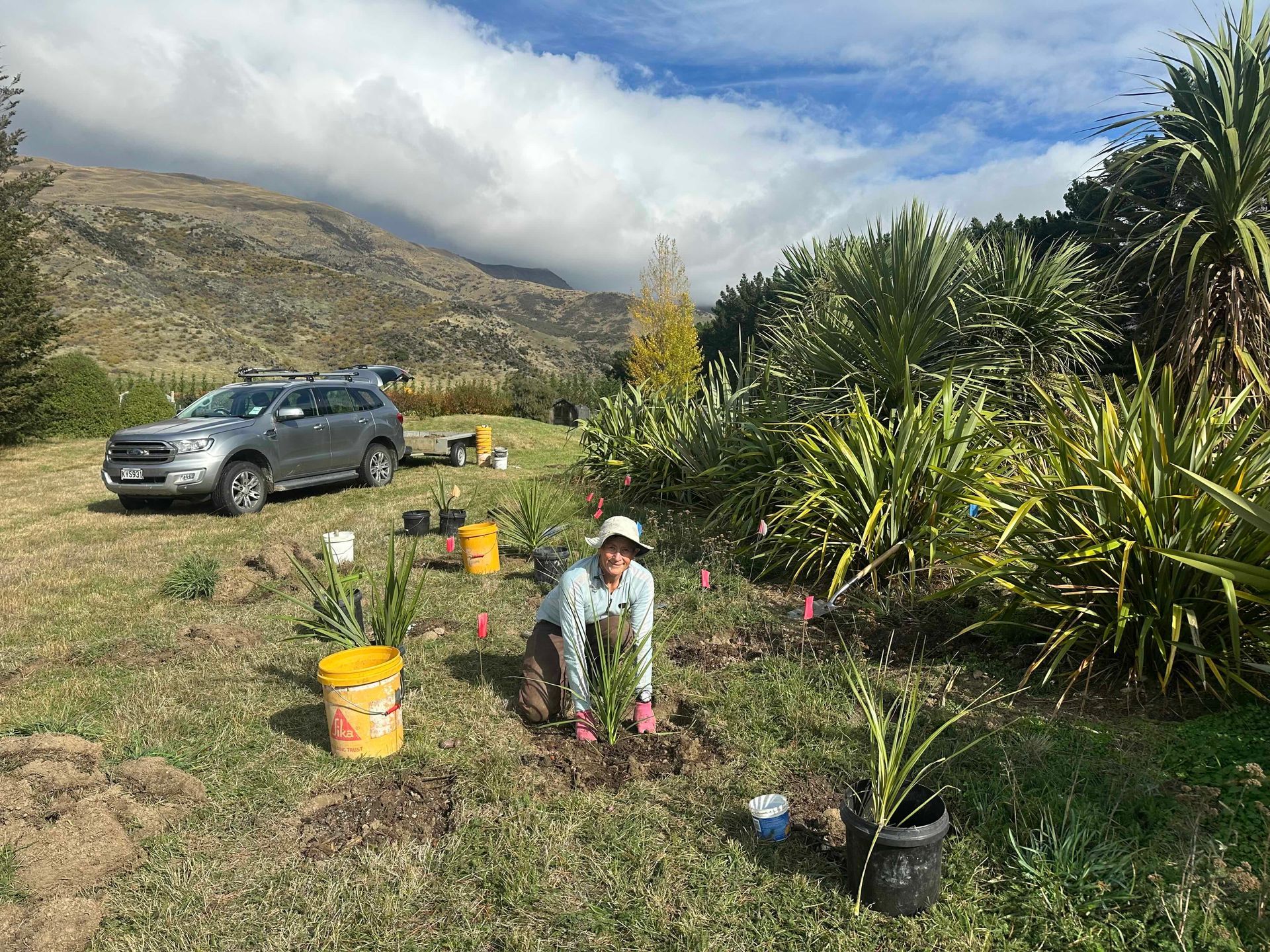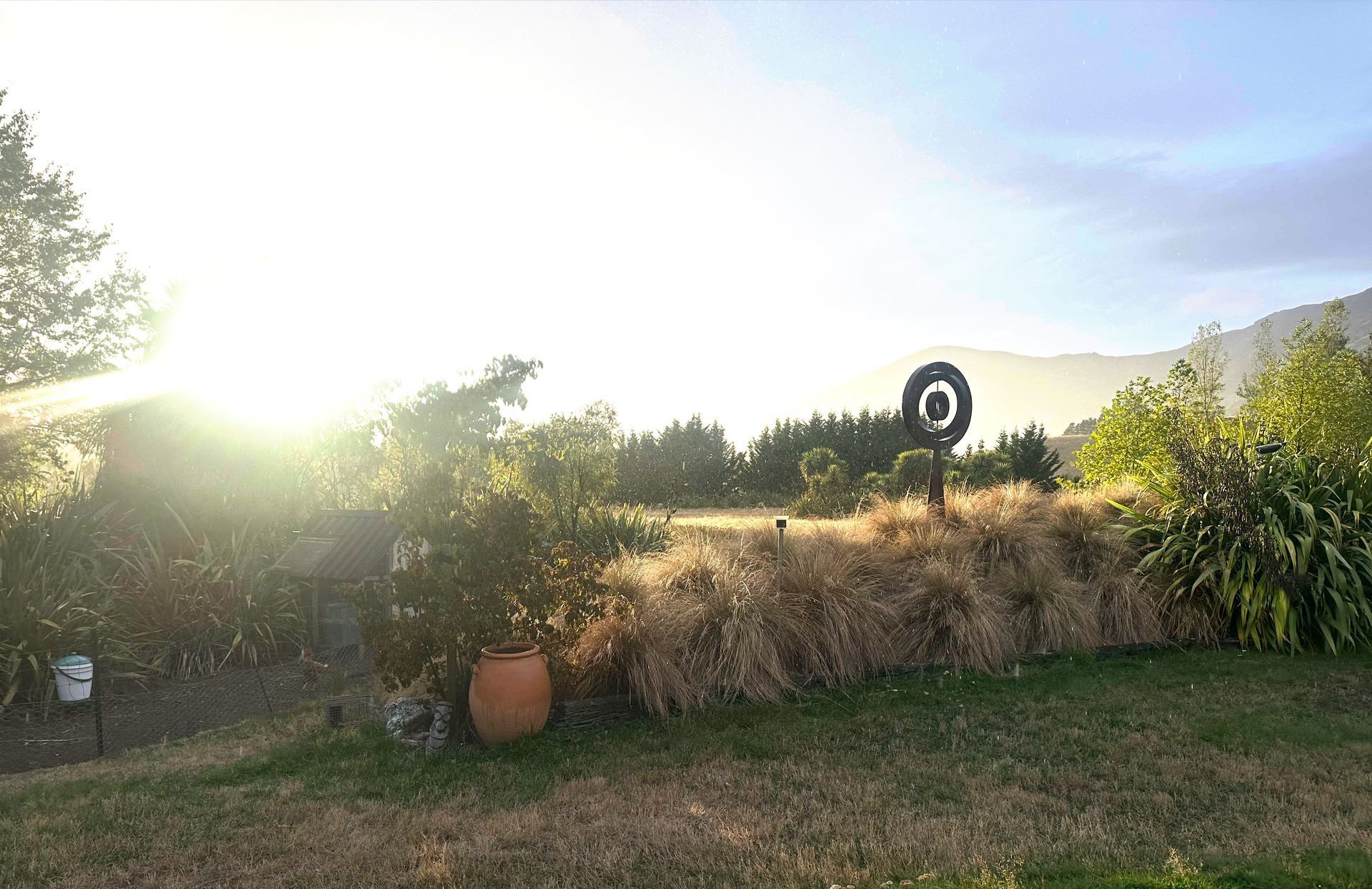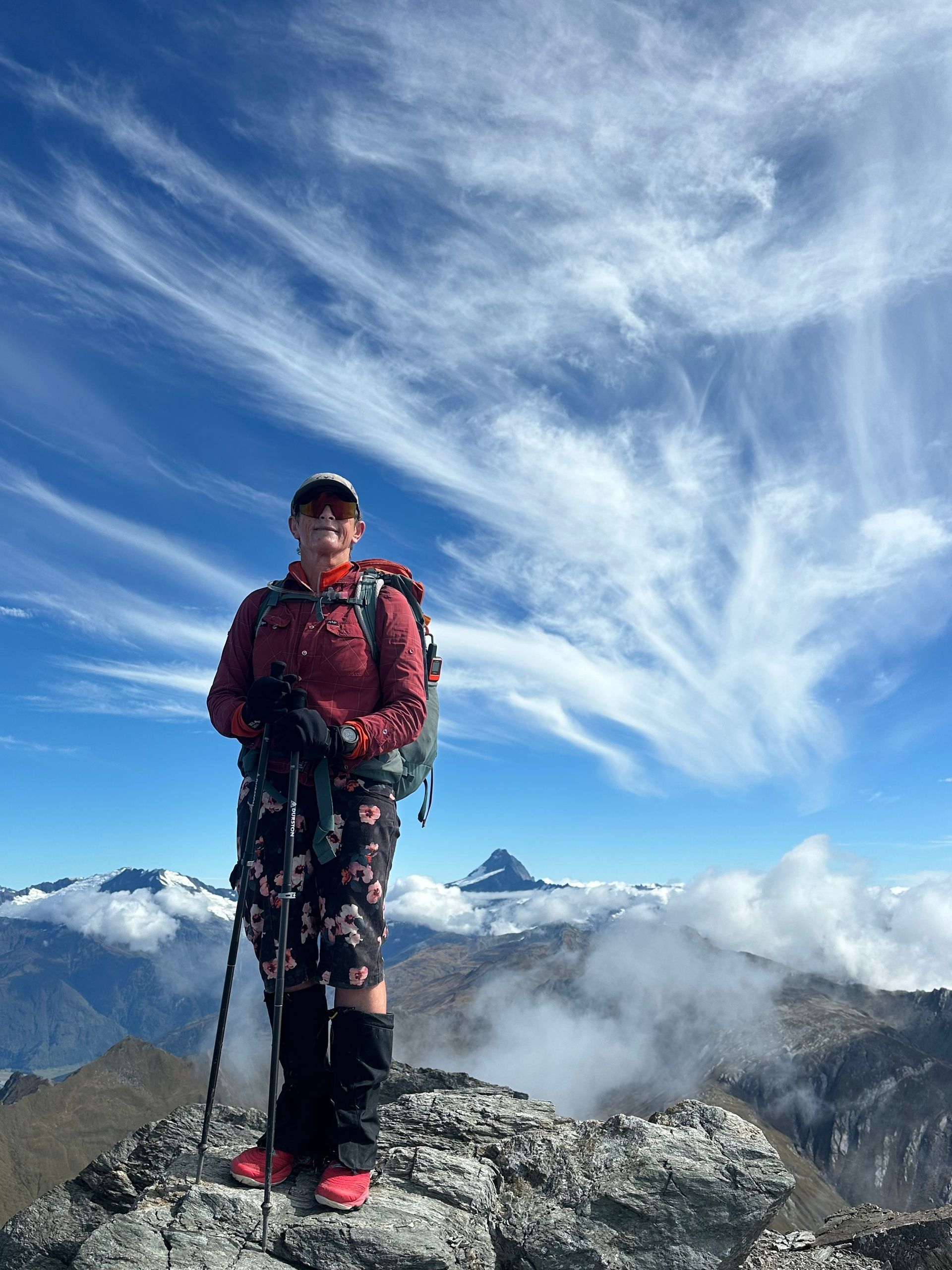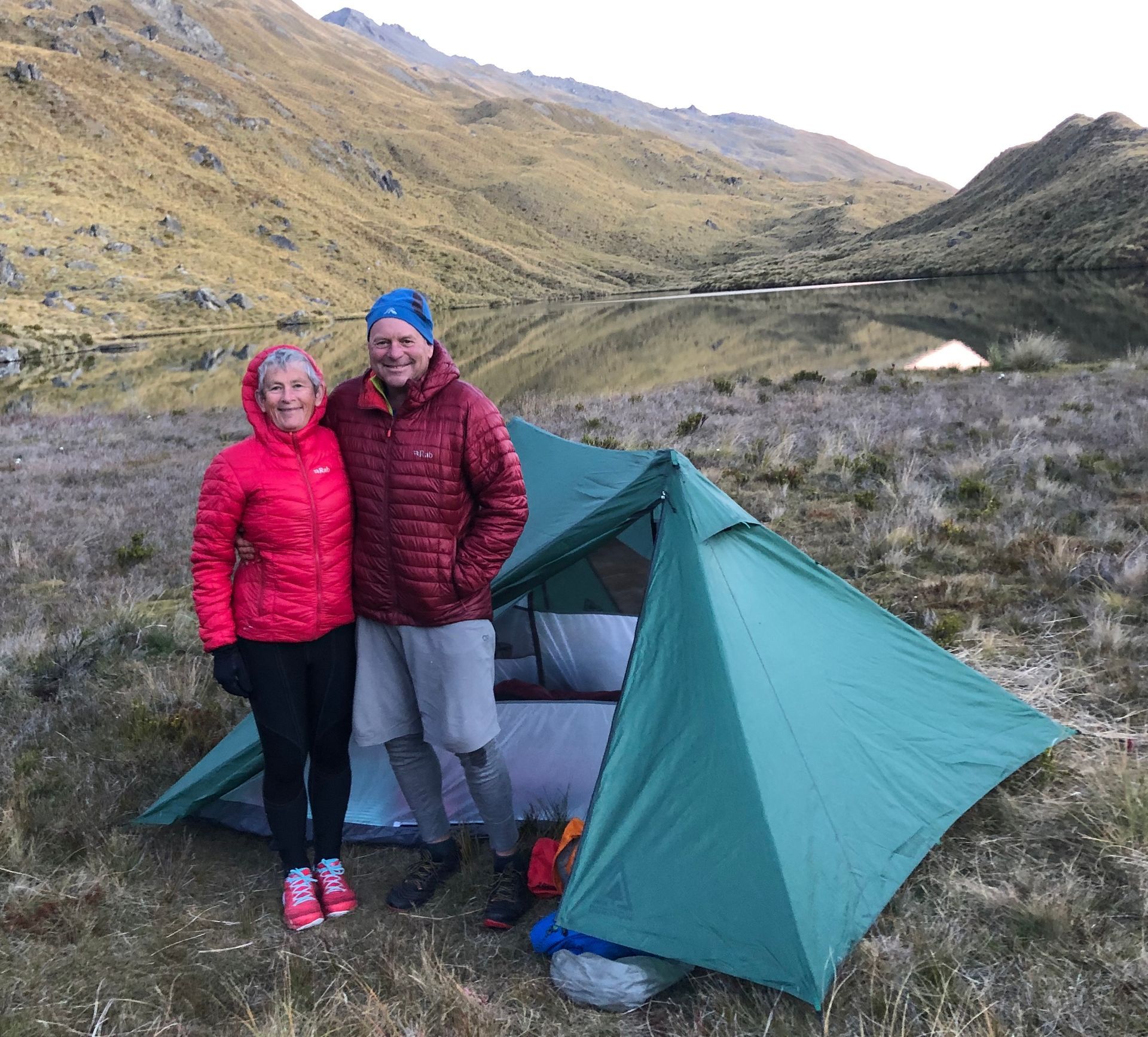Fluid Narratives
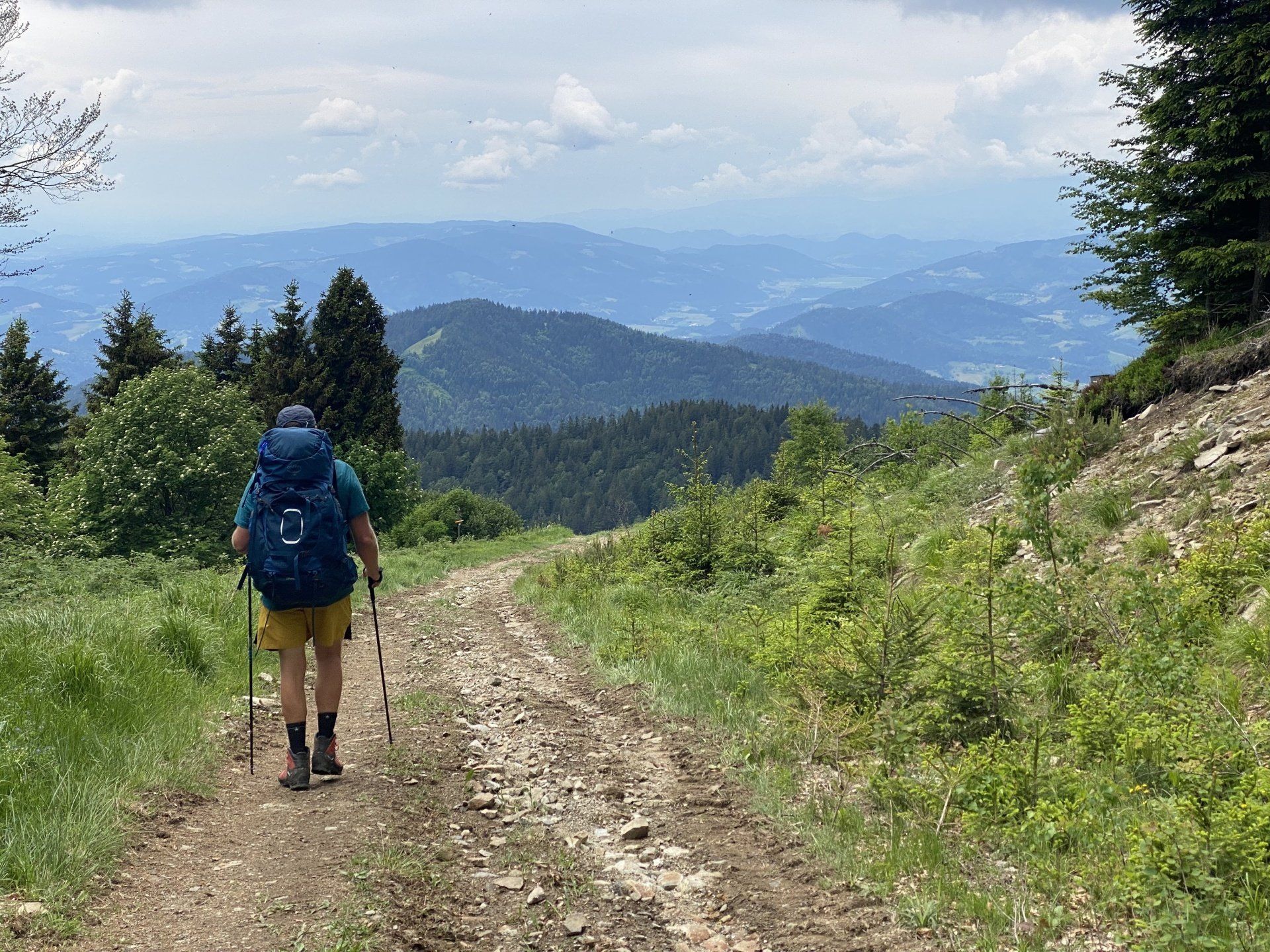
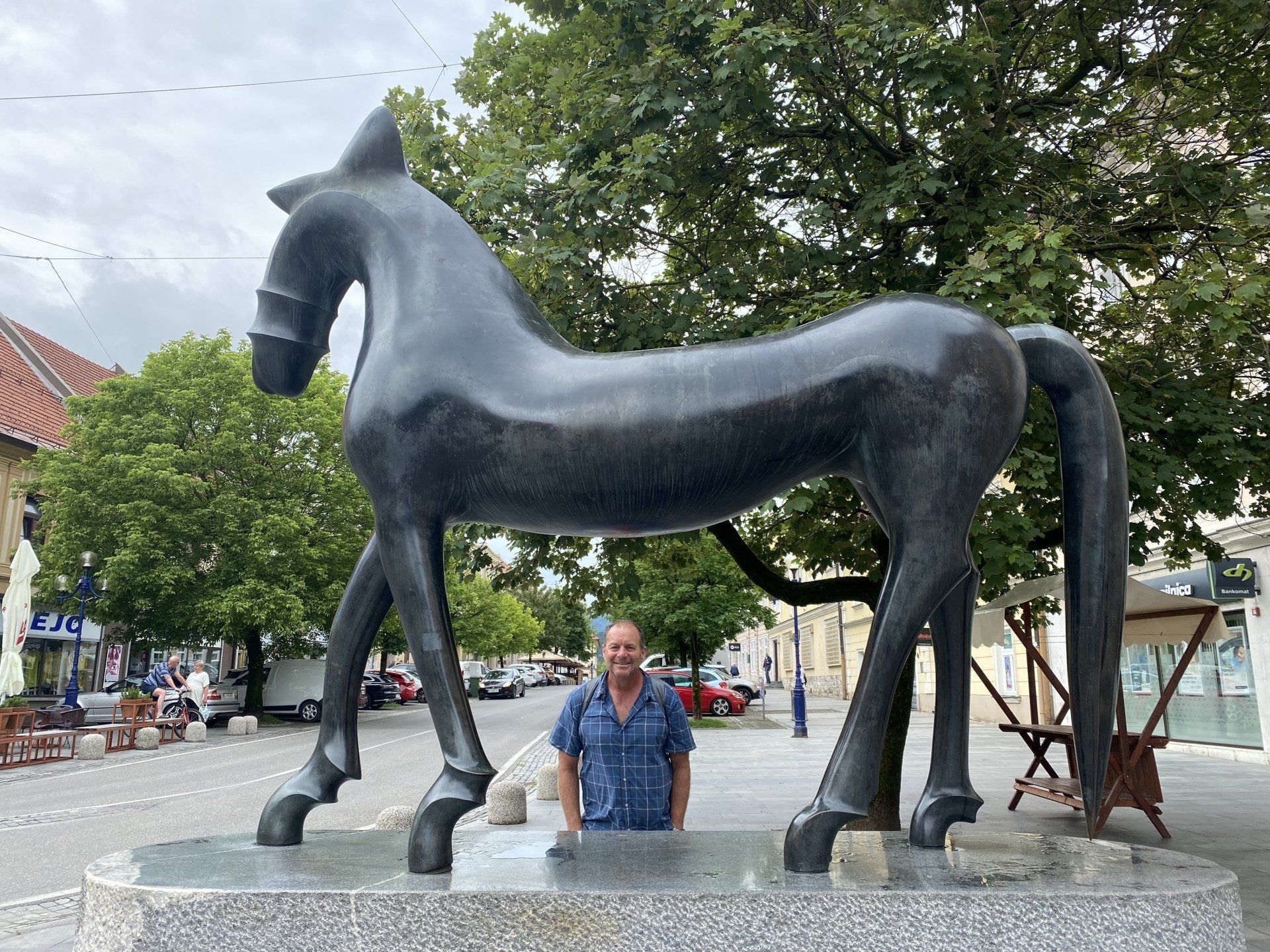
We caught up with friends before starting hiking from Maribor in NE Slovenia on the Slovene Mountain Trail. If you want to check out where we have got to have a look at https://trackmytour.com/Kv13X We really appreciated our friends coming across Slovenia to meet us and spending the day with us in Maribor. In the afternoon, drinking a beer or two beside a somewhat murky pond in the Maribor park, our conversation turned to COVID and vaccinations. In Germany and Slovenia ‘normal’ life has only returned since May – in some parts of Germany everyone worked from home and children learned from home for two years! Mask mandates stopped in Slovenia in June but are still present in Germany.
Our Slovenian friends have chosen not to be vaccinated. We didn’t want to dive into the topic, given its degree of sensitivity and that we were happy to see them again after 6 years. However, they were interested in finding out why we got vaccinated. So I packaged up our decision-making into a narrative, because that is what humans do, tell stories. My story was as accurate a representation as I could make it with two critical limitations:
- I don’t have a perfect memory of how I made my decisions a year ago and what the factors were influencing those decisions.
- I was telling a story to a particular audience therefore it was coloured by what I wanted to portray . In this case I wanted to cast vaccination in a moderately positive light without coming across as judgmental or having the final word on the matter. I particularly wanted to describe a fluid mental state that changes itself as new information is available because I can already see how my brain has shifted on the matter.
Here’s the narrative I told…
When we were thinking about getting vaccinated in July 2021 we had three main considerations:
- Harm : What is the likelihood the vaccine might harm me?
- Illness/Dying : What is the likelihood the vaccine will stop me getting seriously ill or dying?
- Transmission : What is the likelihood that the vaccine will prevent me transmitting COVID?
The evidence we found at the time for Pfizer (the only vaccine on offer in New Zealand) were:
- Harm : There was low risk of serious harm from vaccination and this risk was considerably lower than getting very ill or dying if we got COVID. Many millions of people had already been vaccinated elsewhere globally (starting from January 2021) bolstering the findings of clinical trials.
- Illness/Dying : There was a very good chance vaccination would stop us getting seriously ill or dying. Again, there had been enough time to see the effects of vaccination on reducing rates of illness and death. Countries experiencing the Delta wave of COVID had relatively few deaths if they had high vaccination rates. The added factor here is that by staying well one reduces the burden on the health system, allowing others (or oneself) to be treated for conditions beyond COVID.
- Transmission : There was a reasonable chance vaccination would reduce transmission of COVID.
At this point in our conversation, Chris suggested that we were also considering whether our movements might be restricted if we didn’t get vaccinated. However, vaccine mandates were not announced in New Zealand until October 2021 and were enacted in December 2021. So in July we weren’t thinking about restrictions.
Given the positives and the lack of strong negatives regarding vaccination, we chose to get vaccinated once we were eligible in August 2021. But that wasn’t where my narrative ended because it is now June 2022. So, if we knew what we know now, would we still get vaccinated. What is the evidence now?
- Harm : Being harmed by the vaccines in use in New Zealand is very unlikely. However, some people have been made ill, and two have been confirmed as dying of myocarditis (inflammation of the heart muscle) resulting from a Pfizer injection. No deaths have been identified as being related to Astrazeneca. Astrazeneca can cause blood clots, but at a lower rate than widely prescribed contraceptive medicines.
- Illness/Dying : Vaccines have hugely reduced the rates of illness and death from COVID-19. At the beginning of the pandemic, around 10% of those infected in countries with good medical systems were hospitalised and 1-2% died. In New Zealand, we have had 1.21 million reported infections and 1216 deaths i.e. 0.1% death rate. Yes, there are other reasons for reduced death rates (including better treatment), but there also have certainly been many more infections than have been reported so the ratio has markedly improved.
- Transmission : Vaccines are playing little role in preventing transmission. They likely played little role with the Delta strain and are having almost no effect at all for Omicron.
Knowing that vaccines did not prevent transmission would not have changed our decision to get vaccinated as lack of direct harm and reduced chance of illness seem good enough. However, that knowledge would have changed my attitude to vaccine mandates and it certainly changes my view on vaccination decisions by others. Vaccines not preventing transmission means that a significant chunk of the argument that people should get vaccinated to help others is removed. True, vaccination reduce the health burden. However, for people less likely to get very ill from COVID, this argument is not as strong. Also, there are many, many causes of illness that we do not choose to mandate against (smoking, ingestion of alcohol, ingestion of sugar, lack of exercise…).
Why have our friends chosen not to get vaccinated?
- An overarching reason for them has been they don’t want to be told what to do by government. They originate from Russia, where there is far too much telling of people what they should do and provision of misleading information regarding such matters. No wonder they aren’t trusting of authority.
- They have wanted to see the effects of vaccination on others (I felt like that too and was very glad NZ was not the first vaccination cab off the ranks). Therefore, they are now not as concerned as they were last year.
- They live rurally, so can and did keep themselves away from other people – reducing their chance of being infected and infecting others. As far as they know they still have not had COVID, which is quite the feat at this point in the pandemic.
They also said they are now willing to contemplate vaccination if a more deadly strain of COVID evolves. In other words, their story is evolving as the evidence changes.
To me the most significant aspect of these shifts in narrative is in relation to my emotions last year. I can remember feeling very strongly about the position of those who chose not to be vaccinated. Now I don’t feel the same way…of course we are at a different stage in the pandemic so feelings about vaccinations are not running as high. However, it is always easy to think one’s own rationale sound and therefore question the rationale of others, while not knowing that one of the legs of one’s own logical stool is completely flawed. It is an ongoing task for all of us to continually relook at the evidence and revise our narratives to fit today’s knowledge, rather than holding to the argument of yesterday to defend a fixed position.

